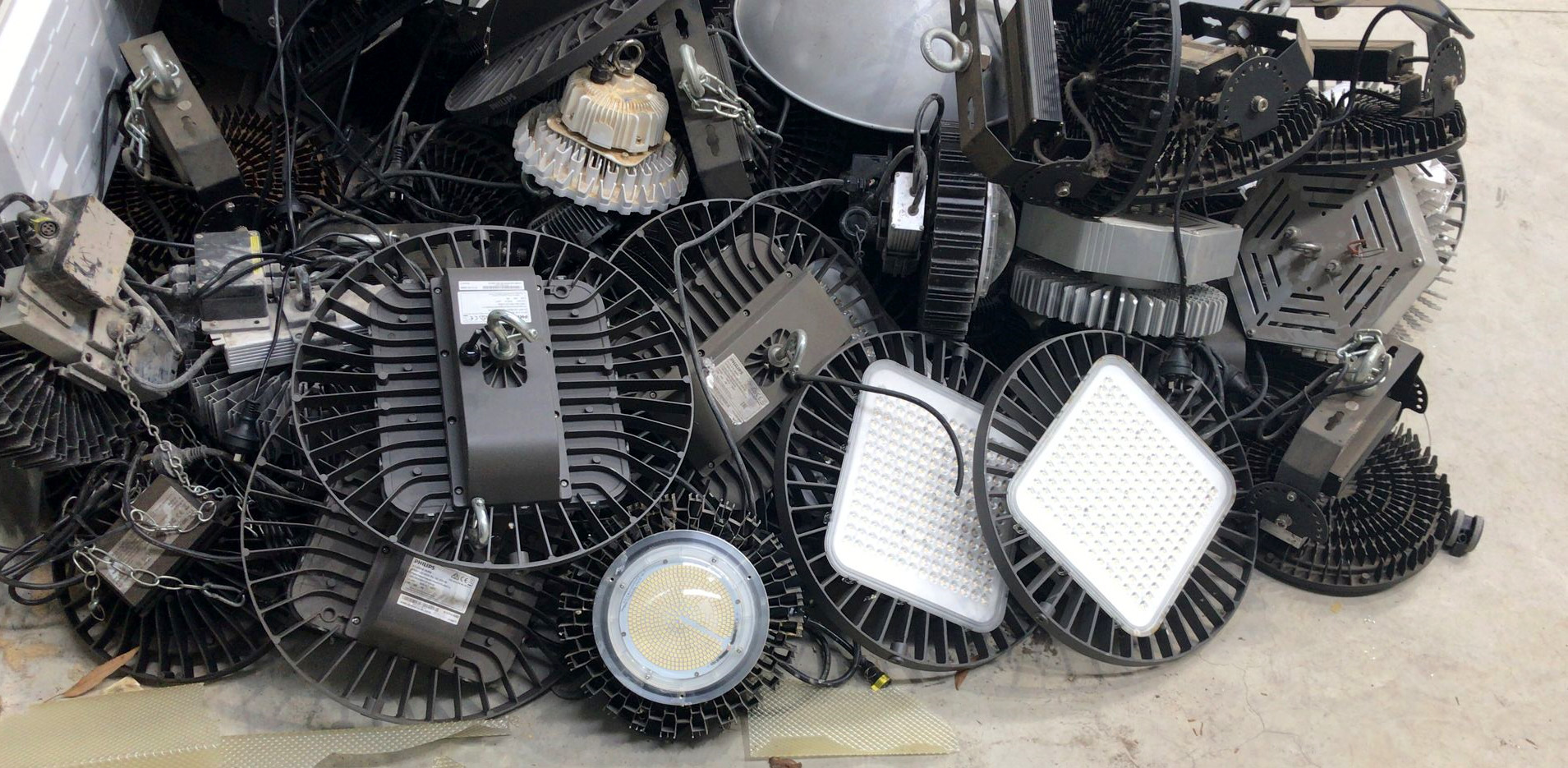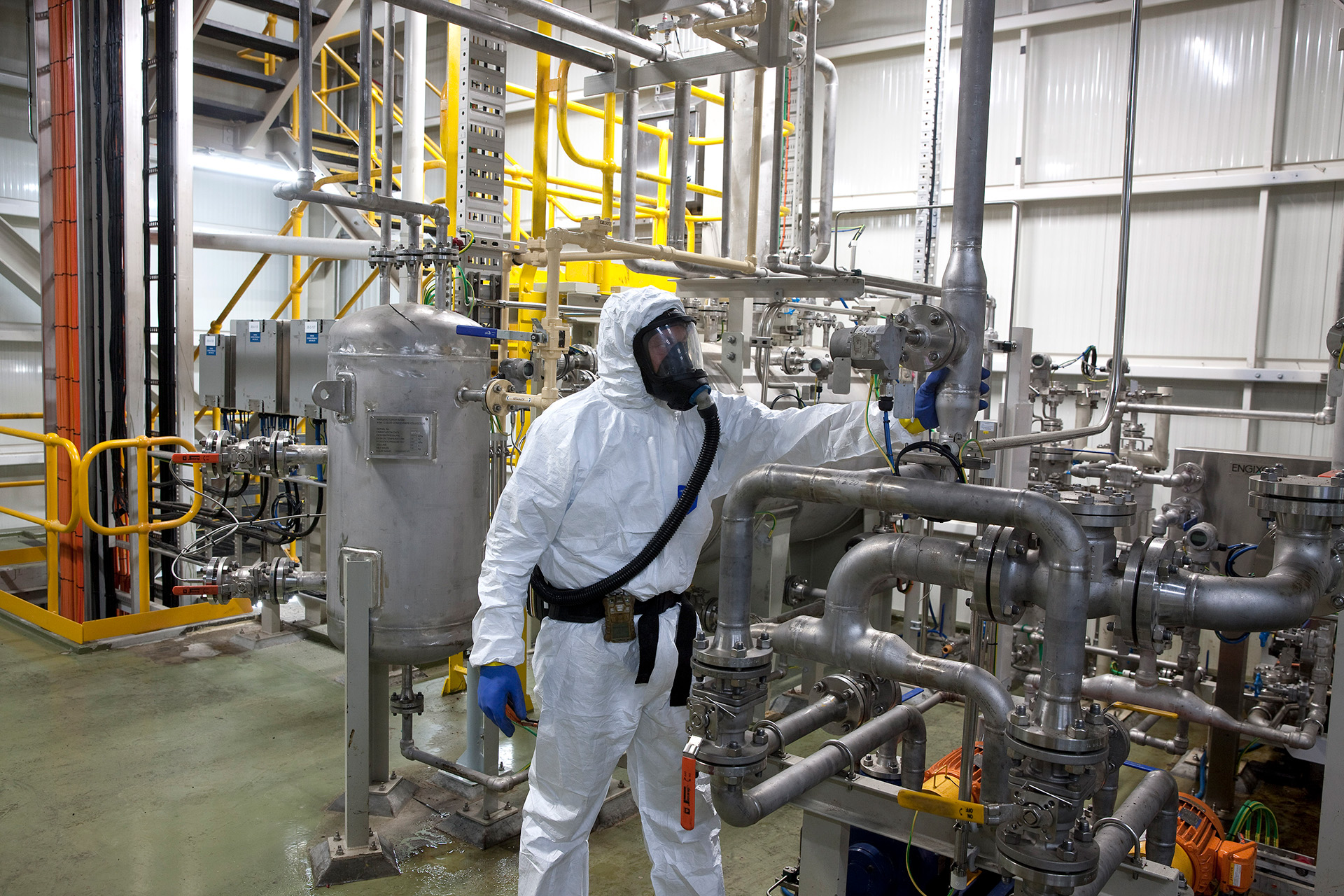Running an active recycling program in your workplace will not only help to reduce your impact on the environment, it can save your business money too.
According to the Environment Protection Authority (EPA) Victoria, improving resource efficiency in your business can help it to save money, improve occupational health and safety management, enhance shareholder relations and improve your business’ reputation.
There are a number of ways in which recycling can save your businesses money, or even generate new revenue streams. Here are a few things you might want to consider:
1. Recycling reduces waste disposal costs
Landfill costs are rising, making it increasingly expensive to dump waste in holes in the ground. But is it all ‘waste’? Much of the stuff that we dump contains useful resources. In fact, there is an emerging industry in ‘mining’ old landfills.
Recycling companies can recover a portion of their costs by selling the materials they recover, so they often charge less to take away a truckload of waste for recycling than it costs to send that waste to landfill.
Companies also need to keep an eye on ever-tightening regulations that are seeing a wider range of wastes banned from landfill in some states. By putting recycling systems in place now companies can avoid an expensive rush to meet new restrictions on waste disposal in the future. In this regard, a key area to watch is e-waste.
2. Some ‘waste’ can be sold
Companies that generate a lot of waste paper and cardboard can often sell it to recyclers for a profit. Electrical contractors and plumbers can do the same with off-cuts of copper wiring or piping, steel from light fittings or other scrap metals. The ‘waste’ created by one company may be an important raw material that another is willing to pay for.
Often the value of ‘waste’ can be improved with a small amount of effort. A pile of old computers, for example, might be worth more if it is safely separated into steel cases, copper wiring, and circuit boards.
3. Recycling and reuse avoids the need to buy new materials
Beyond simple reuse, cardboard cartons can be flattened out, slit and expanded into a replacement for bubble wrap and foam packaging. Shredded paper also makes great padding for shipping delicate items, eliminating the need to buy more environmentally damaging materials. Think about ways that your company can reuse the materials it already has before sending it to the bin.
4. Using recycled materials can save money
For recycling to work there needs to be a market for the recycled materials. In many cases, they are cheaper than the equivalent new materials, but do just as good a job. But even when the recycled option costs more, it can still provide the best economic outcome. Much of the plastic recovered from e-waste, for instance, is turned into a durable replacement for timber. It doesn’t warp or rot and lasts much longer than wood, so costs less in the long run.
Getting serious about recycling can take some time and effort, some training and changes of attitude. But the good news is that, in financial terms, companies that take sustainability seriously dramatically outperform those that don’t. That should have CFOs everywhere taking a deep and profound interest in their company’s recycling and other environmental improvement activities.
Making It Easy
As specialist recyclers of hazardous lighting, batteries, e-waste and mercury-containing waste from resource extraction industries, Ecocycle can design recycling solutions to help your bottom line.
Fill in the form below or give us a call on 1300 32 62 92 to get the ball rolling.






